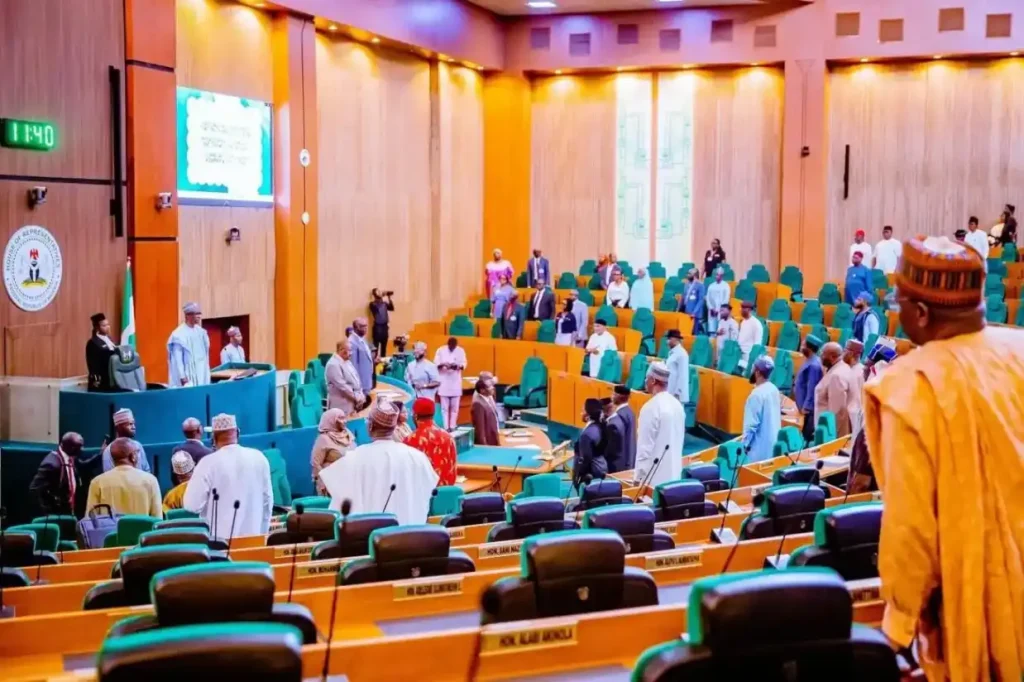 Ghana’s Year of Return initiative, launched in 2019 to mark 400 years since the first enslaved Africans arrived in America, has continued to generate mixed reactions. On April 5, 2022, experts, cultural commentators, and community leaders gathered to review the long-term impact of the project on Ghana’s cultural and economic landscape. As the country reflects on the three years since the Year of Return, questions about whether the initiative created a lasting cultural legacy or a missed opportunity for deeper engagement have taken center stage.
Ghana’s Year of Return initiative, launched in 2019 to mark 400 years since the first enslaved Africans arrived in America, has continued to generate mixed reactions. On April 5, 2022, experts, cultural commentators, and community leaders gathered to review the long-term impact of the project on Ghana’s cultural and economic landscape. As the country reflects on the three years since the Year of Return, questions about whether the initiative created a lasting cultural legacy or a missed opportunity for deeper engagement have taken center stage.
The Year of Return was initially heralded as a groundbreaking event that sought to attract African diasporans to Ghana and reconnect them with their roots. It was also aimed at boosting tourism, and by extension, the economy. The initiative saw a significant influx of tourists, including celebrities and influencers, who flocked to the country to participate in cultural events, visit historical sites like Cape Coast Castle, and engage with local communities.
Reports from Ghana’s Ministry of Tourism, Arts, and Culture show that tourism revenue soared during the Year of Return, with over a million visitors arriving in 2019. However, since the event, critiques have emerged about the long-term benefits of the project. Some cultural experts argue that while the Year of Return helped boost Ghana’s image globally and sparked a renewed interest in African heritage, the initiative may have fallen short in creating sustained local economic growth and fostering deeper cultural ties.
Opponents of the initiative claim that many of the benefits were short-lived, with much of the tourism revenue concentrated in urban areas like Accra and Cape Coast, leaving rural communities underdeveloped. Additionally, there have been concerns that the Year of Return emphasized tourism over meaningful dialogue and reconciliation between Africans and their diasporic descendants.
On the other hand, defenders of the initiative argue that it was never intended to be a solution to all of Ghana’s cultural and economic challenges but rather a starting point for continued engagement. According to them, the influx of tourists and the global attention on Ghana provided a platform for future projects like the Beyond the Return initiative, which is focused on sustaining the connections made during the original event.
The review of Ghana’s Year of Return continues, with various perspectives on whether the initiative was a cultural triumph or a missed opportunity for long-term impact.






















